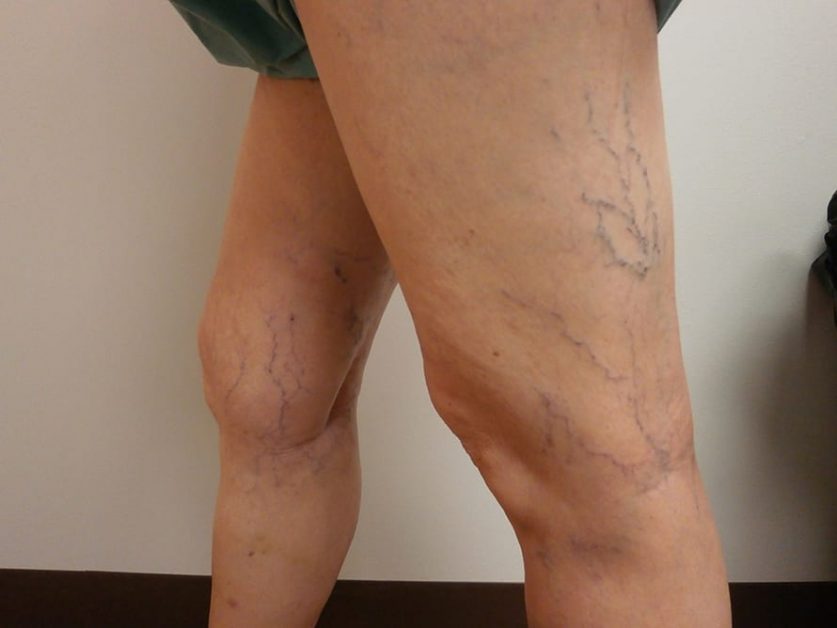A doctor specializing in vein conditions is a phlebologist or a vascular surgeon.
If you go through this disease, your doctor will examine you, for instance, your legs while standing and walking, swelling on the leg, your health care may ask you to describe your leg pain. Therefore if you are looking for
what doctor treats varicose veins? Try a phlebologist instead.
After diagnosing the pain condition of your leg, your doctor will further move to some tests to see your reports. A test called a venous doppler ultrasound that helps to test the condition of the leg. This test examines the blood flow through the valves in the veins by using sound waves, and this helps in detecting the blood clot in the portion.
In this test, the health care moves a device around the skin of the leg and shows the image on the screen monitor.
Treatment
What are the Treatment Options for Varicose Veins? Here we will answer your query. Taking treatment is necessary for Varicose veins as it can become severe daily. Moreover, a self-care treatment can ease the pain.
1. Self-care yourself
If you are suffering from such disease, you must take care of yourself. Sometimes taking care of yourself can save us from harmful diseases.
You should have a routine of exercising daily.
If you suffer from varicose veins, you need to exercise by raising your legs when sitting and lying down and wearing compression stockings. These exercises can help ease varicose veins' pain and might prevent them from worsening.
2. Compression Stockings
We will approach you to wear the compression stockings regularly.
These stockings help the blood to move easily as it compresses the leg and allows the muscle to move the blood more conveniently.
3. Surgeries or other procedures
Meanwhile, a health care provider may recommend surgery or other procedures if you don't see any results by wearing a compression stocking or taking self-care.
4. Sclerotherapy
The surgeon injects the varicose veins with a solution or a foam that scars and closes those veins, and after a few weeks, the varicose veins fade.
It doesn't require any anesthesia.
5. Laser treatment
It is a good option if you don't want any needles to be injected or cut on your body. Laser treatments send a powerful burst of light onto the vein, which makes the veins disappear and fade away slowly.
6. Catheter-based using radiofrequency or a laser energy
This procedure will treat larger varicose veins. A health care provider inserts a thin tube called a catheter into an enlarged vein and uses radiofrequency or laser energy to heat it up after inserting. As the thin tube is removed from the vein, the heat destroys the veins by sealing them or making them collapse.
7. Ambulatory phlebectomy
The surgeon removes smaller varicose veins from the string of the tiny punctures.
The area which is being pricked, only that part is numbed of the leg.


